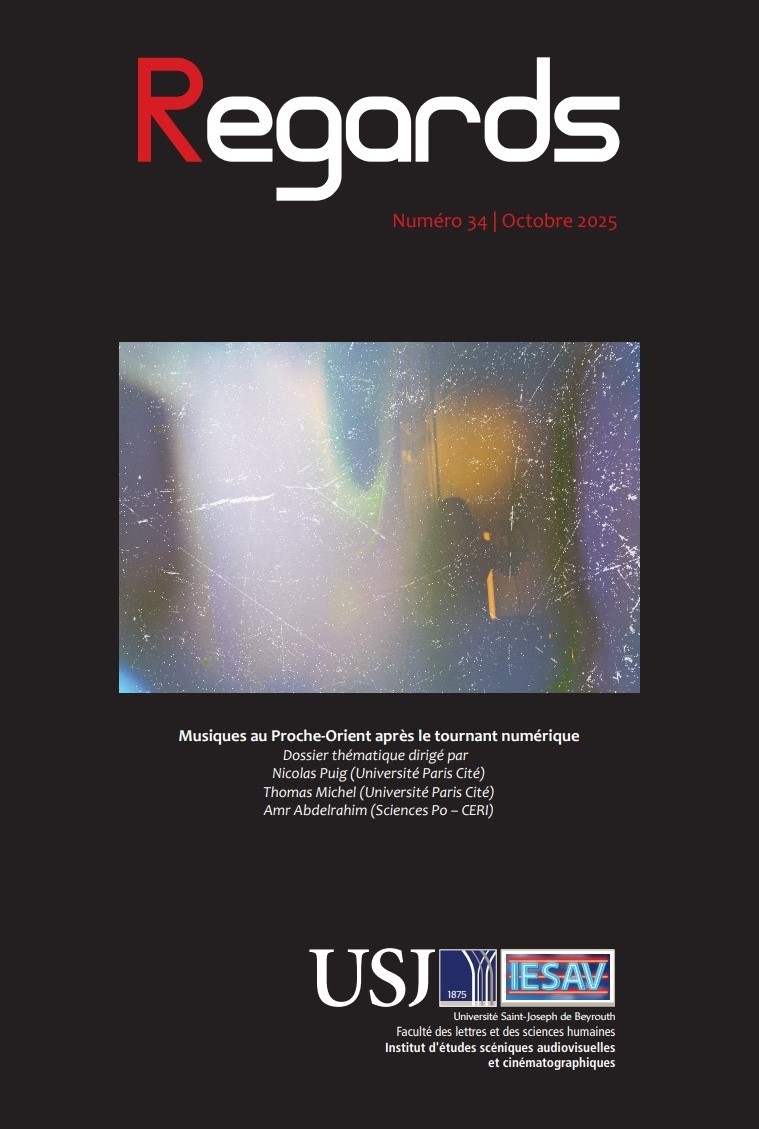Abstract
Since its emergence in the early 2000s, Mahraganat music has disrupted traditional cultural gatekeeping and reshaped Egypt’s music scene, becoming one of the most debated genres of recent decades. This article analyzes Mahraganat through the lens of cultural identity formation and technological development while contextualizing the stigmatization of the genre and its artists. Drawing on fieldwork conducted in Cairo between 2019 and 2024, it traces the history of cultural control and argues that class tensions lie at the heart of the debates surrounding Mahraganat. The study shows that Mahraganat producers reject elitist claims that their music is “un-Egyptian,” viewing themselves instead as continuing Egypt’s rich musical tradition rather than breaking from it.

